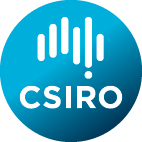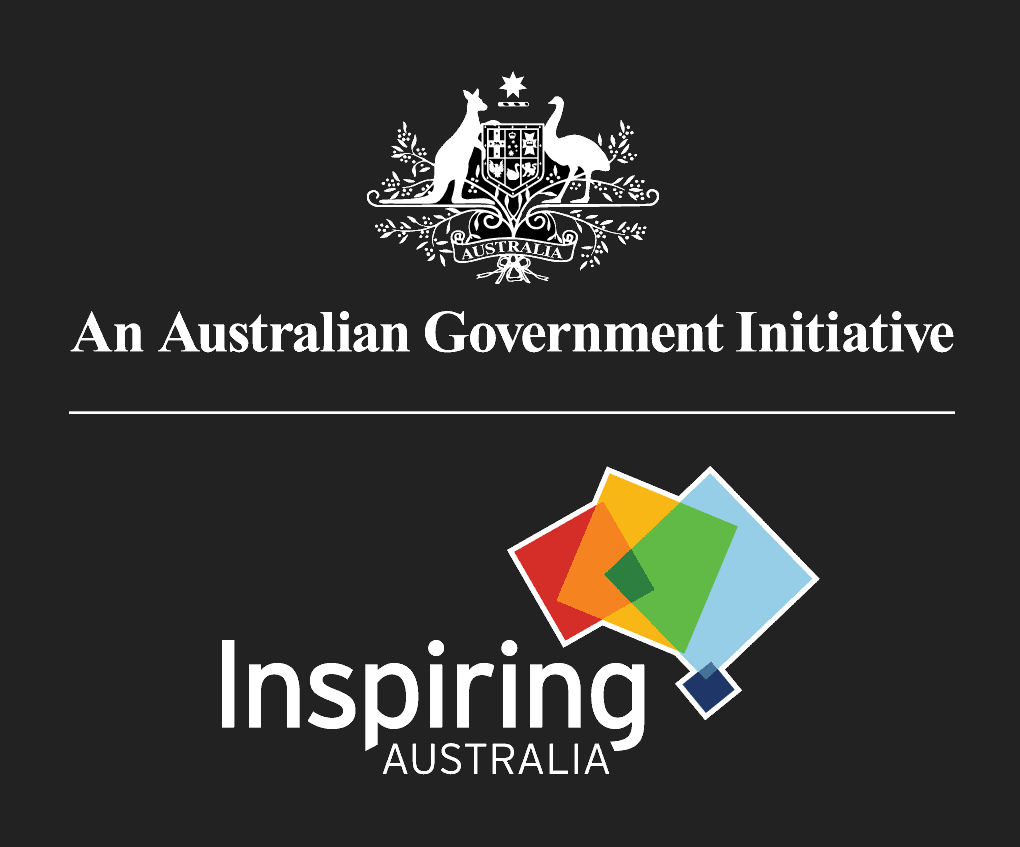When
Tuesday 4th Feb, 2:15 pm
Where
Room B1
Hashtag
#T18
Category
Research in science communication
Speaker
Luke Menzies
Abstract
Despite sustained effort to communicate the reality of climate change (CC), public opinion in many developed countries remains unconvinced, uncertain and at worst skeptical and denialist. The implications of divided public opinion on effectively responding to CC have persisted and intensified overtime, with many scholars highlighting that action depends on widespread public recognition (Bain et al., 2012; Pidgeon, 2012; Pidgeon & Fischhoff, 2012).
Cook et al. (2013) recently reported the scientific consensus of CC (97.1%), and significantly that within the 2.9 percent of studies rejecting its human cause, opposition is waning. This sits at odds with recent research trends of falling public concern, increasing uncertainty, skepticism and denial in many countries, exemplifying the strain between climate science and society (Leiserwitz et al., 2011; Leviston et al., 2011; Tranter, 2011; Lowy Institute, 2013), and raising questions about the efficacy of CC communication.
Climate change is grounded in science but transformations of social practices are needed to enable mitigation and adaptation. With significant divides in public opinion and support for climate policies, greater understanding of associated social science and communication is fundamental to recognising the ambiguities, voids, and blind spots in our knowledge of social processes at play that may well exceed the complexities of CC itself (Hulme, 2010). Focus must shift from the current ‘science first’ paradigm to the cultural, psychological and political barriers and processes, listening is core to this, allowing insight into these factors that ultimately influence decisions.
Echoing Pidgeon’s (2012) call for “a fundamental revision of our conceptualisation of what it is to do climate risk communication,” this presentation will discuss the role of listening in this reconceptualisation.










